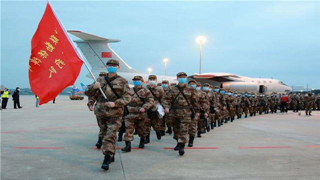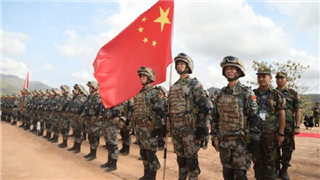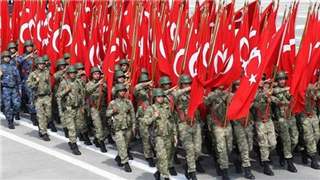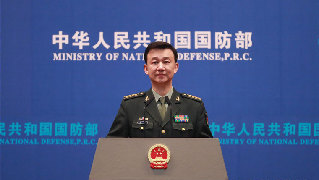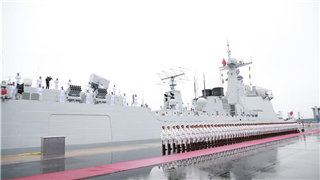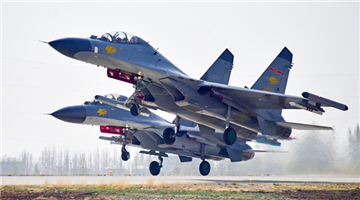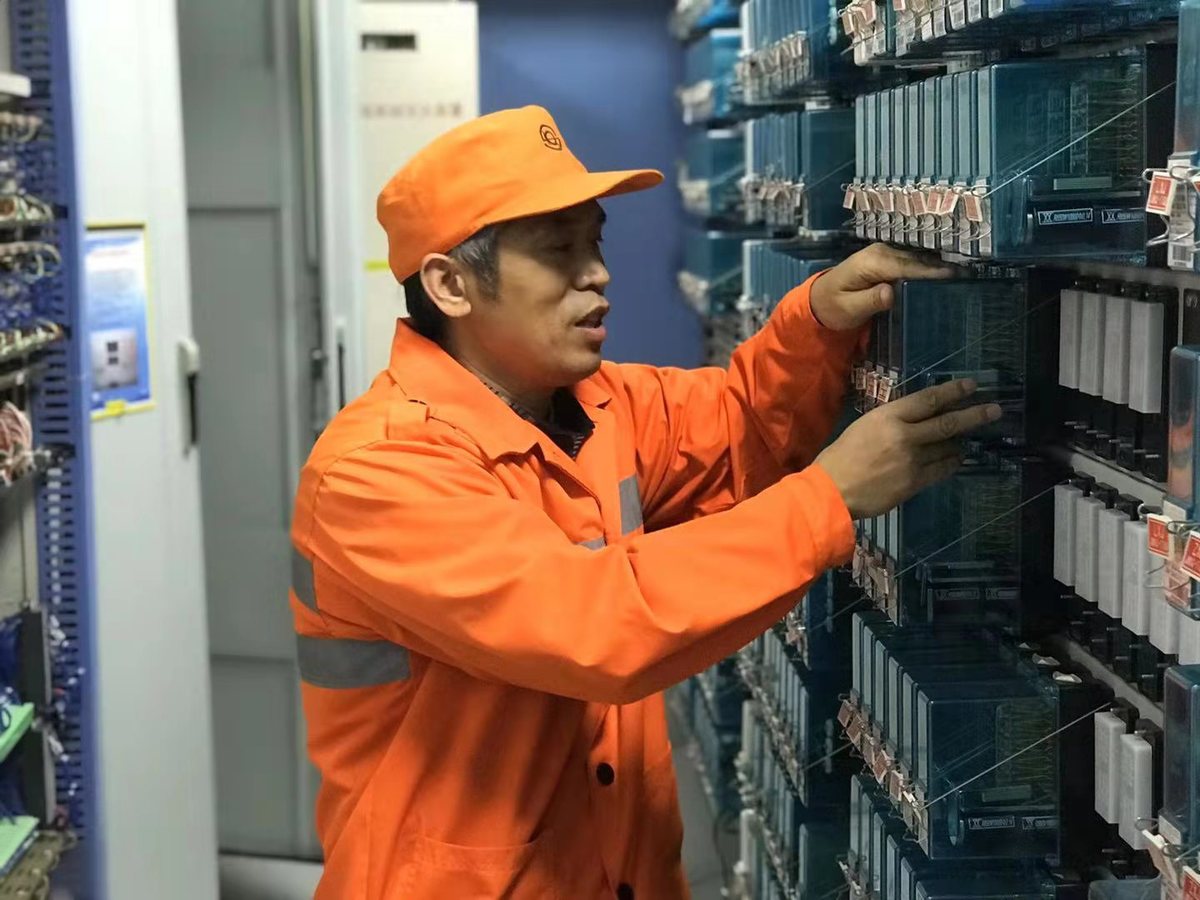
A military veteran who helped battle the 1998 Yangtze floods in Hubei is again making sacrifices to put safety in the province first.
As a railway signalman, Jiang Decheng has remained at his post for a month in Wuhan, the city at the epicenter of the novel coronavirus pneumonia outbreak.
Jiang, 51, works for the Wuhan Railway Administration and is responsible for maintaining and repairing a section of the railway-signaling system.
Keeping the signals operating properly is crucial to the smooth running and safety of the network, which has cut all but essential train services providing supplies. Intercity trains also pass through Wuhan without stopping.
The signalmen's work stations are scattered along Wuhan's rail network, with the majority in the suburbs. Jiang offered to return to work during the Spring Festival holiday just as the number of cases and deaths started to rise. Every day from 9:30 am to 10:20 pm, he routinely inspects and tests the signal equipment to ensure that supply trains arrive at Wuhan's Hankou Station on time.
"When trains carrying passengers and anti-epidemic relief supplies arrived in Hankou Station, it felt like the most secure moment to me," he said.
Due to the citywide lockdown and traffic control measures imposed by authorities, Jiang has to sleep at his workplace, and spent the Spring Festival holiday alone.
"My workplace is near a village and I heard a lot of people there had been infected," he said. "But I can't shrink from my duties because of fear at this critical point. It's not in my character, anyway."
When his 85-year-old mother learned he was working during the outbreak, she didn't sleep for two nights.
"She calls me every day," Jiang said. "One day, she called me constantly at 6 am and 10 am. She watches the news on TV every day and worries about me."
Jiang said his wife supported his decision and told him: "You are a Party member and you should be a role model and step in front of others to tackle difficulties. I can help with our family."
He said she would always reassure him on the phone that everything was all right at home.
"But later I learned from my daughter that there was no meat at home, just an onion, two carrots and one cabbage left," he said.
"They didn't have masks and did not dare to go outside for food. I was far from home, so I asked a colleague living in my neighborhood to send some to them."
Jiang has faced life-threatening emergencies before, when he was in the military. During the 1998 Yangtze flood disaster, which claimed thousands of lives, Jiang worked for three days and nights carrying sandbags on a river embankment in Jingzhou, Hubei.
The arduous task left him with serious spinal injuries and he can no longer straighten up from the waist. Jiang said he didn't know when the virus would be brought under control, but he would stay at his post till the end. He believes that with the support of people across the country, Wuhan will win the war against the virus.
